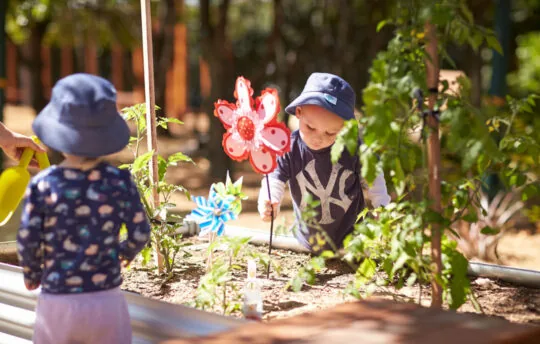How Can I Tell If My Child Is Ready For School?
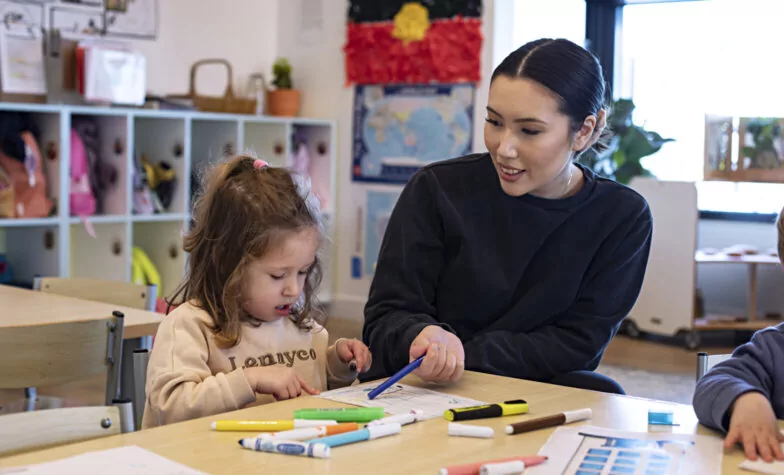
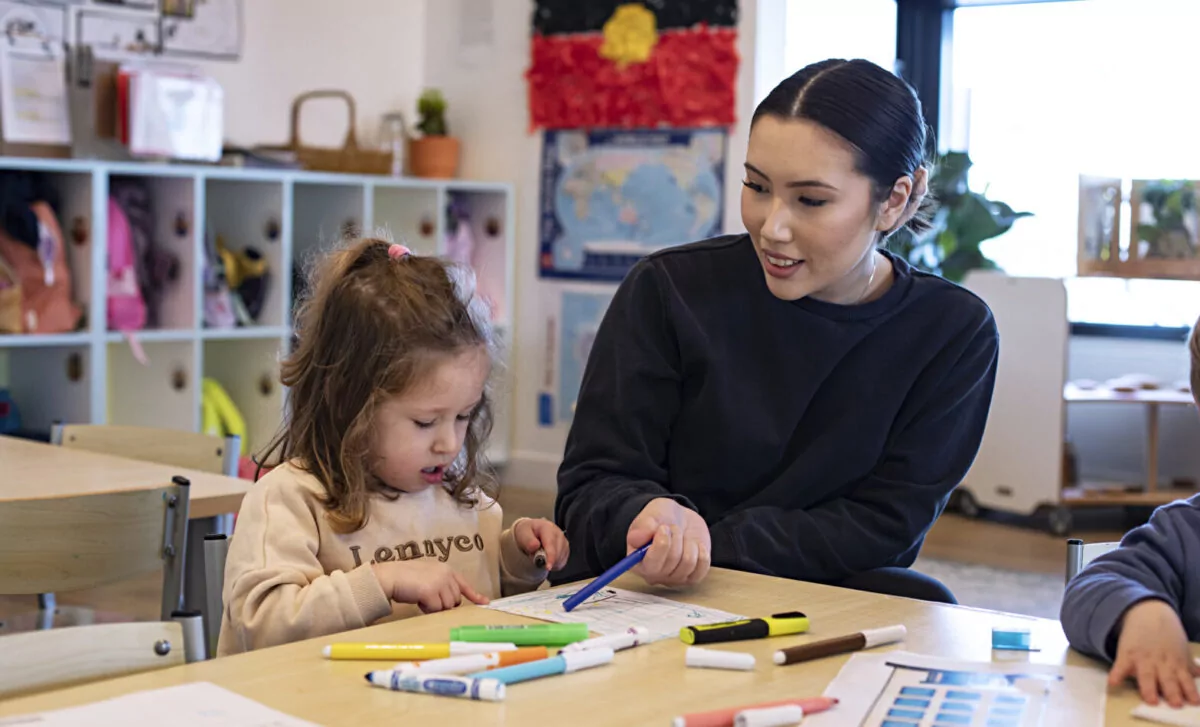
School readiness is more than just academic preparedness; it encompasses essential life skills that children need to thrive in the educational environment. The reality of school across Australia today is that, for all the great opportunities, initiatives and improvements we have made in primary-school education, there are increased expectations, and a crowded and busy day with little or no time to rest and catch-up.
To ensure a smooth transition to school, several key skills are required:
1. Social Skills
School readiness involves having a general interest in and tolerance of others, the ability to learn from peers, initiate contact and play, develop friendships, take turns, share, and play cooperatively. Following rules and actively listening during group times are also essential social skills.
2. Emotional Wellbeing
Children need to develop confidence in themselves, work independently, manage their emotions, show empathy, and easily separate from caregivers. Coping with changes and dealing with problems or challenges are vital aspects of emotional readiness.
3. Independence
A child showing independence includes developing self-care skills, such as toileting independently, taking care of belongings, dressing independently, and feeding oneself (using cutlery. Fine motor skills, like drawing, cutting, and threading, as well as gross motor skills like running, climbing, and balancing, contribute to a child’s overall independence.
4. Language and Communication
Language skills are essential for school readiness. Children need to be able to attend and concentrate for longer periods, follow multiple-step instructions, answer questions appropriately, formulate more complex sentences, and maintain conversations with peers and adults. Speech sounds and intelligibility are also important.
Early Literacy Ideas
Encouraging book and print awareness and narrative skills in children can promote early literacy. Engaging in conversations about story events, new vocabulary, and print on the page can be helpful. Phonological awareness activities, such as identifying first sounds, counting syllables, and recognising rhymes, are beneficial for language development.
What can parents do to help their child prepare for school?
Your child’s educators can communicate the specific areas they will concentrate on to prepare your little one for school and get them up to speed. Parents can also help prepare their child for school by taking steps such as talking about school positively, reading books with positive school associations, and discussing what school will be like. Visiting the child’s new school, attending orientations, and practicing self-care skills are also beneficial.
Encouraging regular sleep, outdoor play, and family time, as well as providing opportunities for independent decision-making and problem-solving, further supports school readiness.
Starting School – Top Tips
- Talk positively about school. Ask how they are feeling?
- Keep things easy…
- Clothing: there is nothing wrong with Velcro!!
- Bags: Where can they find what they need easily?
- Lunchboxes: Bento boxes, cut food up so it is ready to eat
- Trouble shoot some of the tricky things and provide scenarios to support your child in thinking through possible solutions…
- What do I do if I am not feeling well?
- Who do I tell if I get hurt or someone hurts me?
- I can’t find my jacket, who do I ask?
- Who will pick me up and where will I find you?
Questions to reflect on to help determine if your child is school-ready:
- Can they make an independent decision and follow through on this?
- Do they have ideas of their own?
- Can they follow two or three instructions at the same time?
- Can they move on to new activities easily?
- Do they separate well from their parent / carer?
- Do they show interest in other children?
- Do they interact with other children?
- Can they recognise and express their feelings and needs?
- Can they concentrate on a task?
- How do they deal with frustration?
In summary, school readiness goes beyond academic skills and focuses on social, emotional, independence, and communication abilities. By fostering these skills and providing a supportive environment, parents can help their children make a successful transition to school and set the foundation for future academic and personal success.
If you have any questions about school readiness, please speak with your Campus Director or Educators.
You can find more information about school readiness and Only About Children’s preschool/kindergarten programs here:
Session 1 – Grow With Us – School Readiness – An Introduction
Session 2 – Grow With Us – School Readiness – Supporting the Journey
Only About Children can help your child to grow, make friends and explore the world.
Only About Children can help your child to grow, make friends and explore the world.
Related Reads
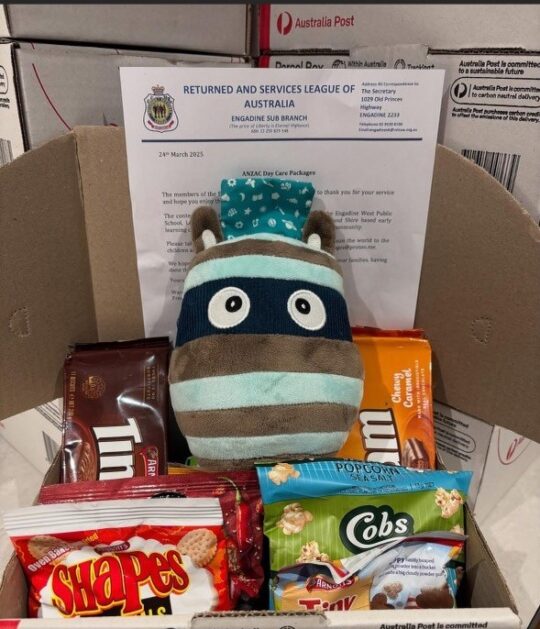
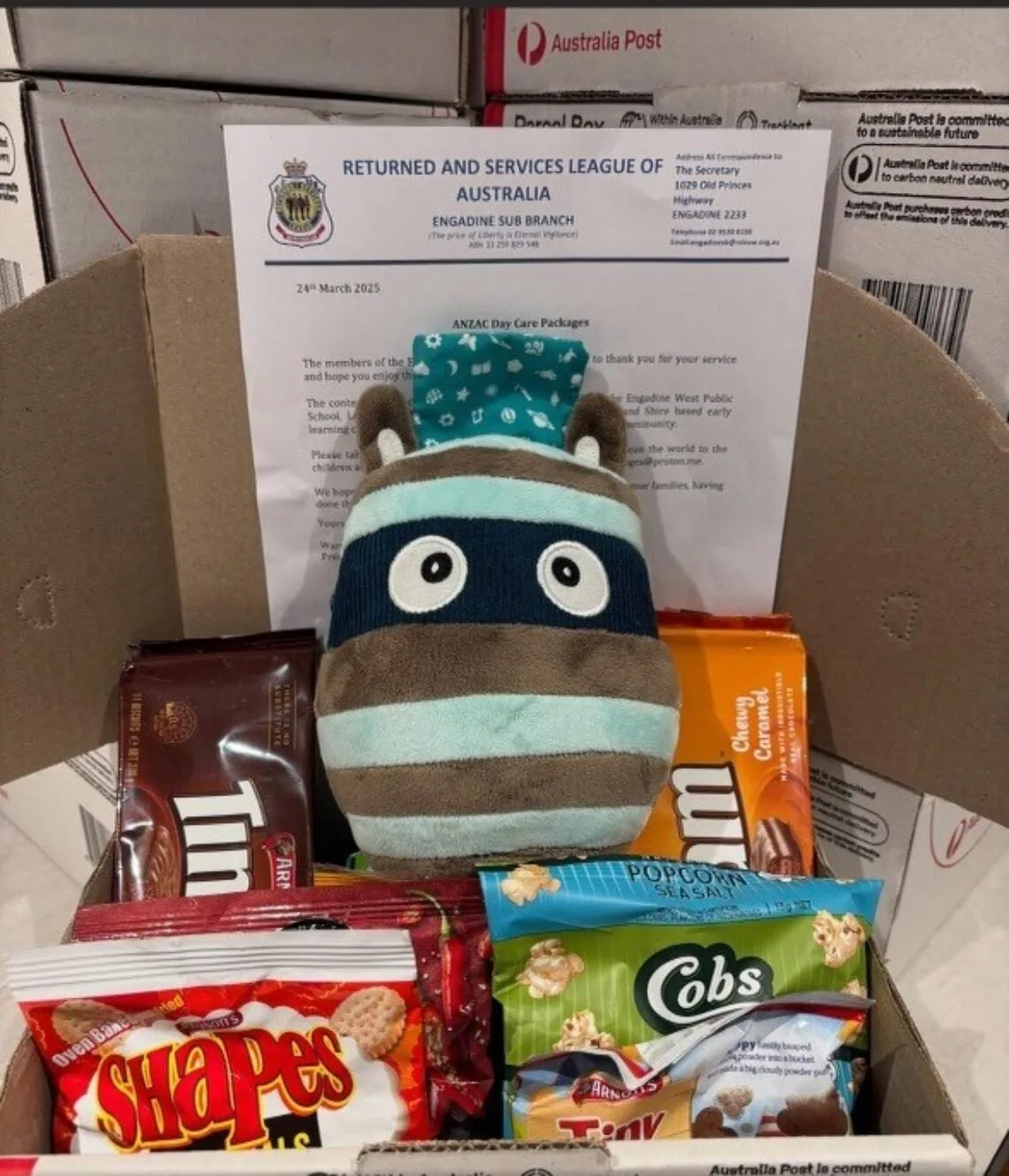
Spreading ANZAC Day Cheer and Kindness at OAC Caringbah
This ANZAC Day, our OAC Caringbah community came together to share a little sweetness and a lot of heart with members of the Australian Defence Force.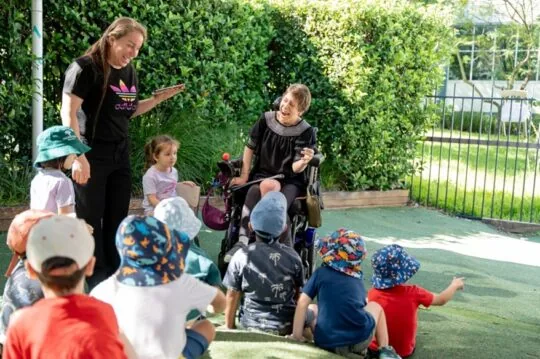

Bec Celebrates 10 Years Working In Her Dream Job At OAC Concord
Rebecca Donatiello (Bec) celebrates 10 years working and learning at Only About Children Concord.